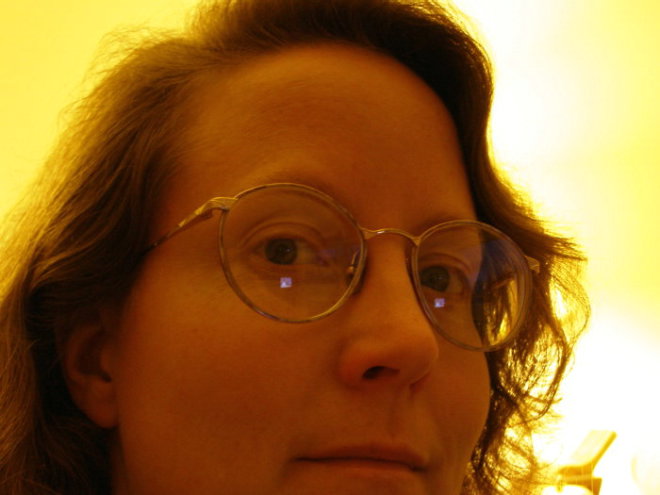Hi all:
This year's Perseids Meteor Shower peaks in the overnight Sunday to Monday August 12 to 13. It coincides with the New Moon August 12, which means the absence of a moon will create dark skies - prime conditions for seeing the meteors!
The meteors in this shower all appear to emanate from the constellation Perseus. The best times to watch will be late night Aug. 12 through dawn Aug. 13.
"The August Perseids are among the strongest of the readily observed annual meteor showers, and at maximum activity nominally yield 90 or 100 meteors per hour," said Joe Rao, SPACE.com's Skywatching columnist. "However, observers with exceptional skies often record even larger numbers."
To see the show, one need only find a comfortable spot with a clear view of the northeast horizon, away from local lights. A dark rural location is best. Lie back on a blanket or lounge chair and scan the entire sky. In the late evening, starting around 9 p.m. local time, sharp-eyed observers might see "earthgrazing" meteors that skim the northeast horizon.
"Earthgrazers are long, slow and colorful," Cooke said. "They are among the most beautiful of meteors." But don't expect more than a handful in an hour, he said.
Later and during the overnight hours, the shooting stars will be higher in the sky as Perseus rises. Some skywatchers enjoy counting the number of meteors they see per minute, per hour or during a 15-minute interval and comparing notes.
Telescopes and binoculars are no help, as the meteors move too swiftly and are best observed with the naked eye.
The cosmic rivers of debris have been laid down for millennia by the comet Swift-Tuttle, which passes through the inner solar system every 130 years. Perseid meteoroids are exceptionally fast, entering Earth's atmosphere at roughly 133,200 mph (60 kilometers per second) relative to the planet, slamming into the air like bugs hitting a windshield ...
Learn more about the Perseids here.
Let us know if you see any!
Enjoy!
hrh








6 comments:
Nope, couldn't see anything in SC because the lovely clouds were in the way!
Bummer, hrp! That's too bad ...
We had a clear, warm night for once!!
I went to bed before 10 to get some sleep and then get up in the middle of the night to watch. But I couldn't get to sleep!! So I just went out about 11:45 p.m. and set up the chaise lounge in the back yard with a couch pillow and cotton blanket. Perfect!!
I saw 10 or so, 3 or 4 bright ones low in the sky. Then I heard a mosquito so brought the blanket up around my eyes.
Then I heard shuffle, shuffle, shuffle, shuffle. Finally I shone the flashlight under the deck - and saw a bushy white back and tail!!
So on with the flip flops and sidle to the left as the skunk sidled to the right along the back of the house. I got up on the deck without incident and watched the skunk go around the top of the basement stairs, around the pond, and into the brush.
But that was the end of the meteor shower for me!!
Ha ha. Hey, he just wanted to see some meteors too! Yeah, it was cloudy here in PA too. Drat. But I did see three meteors on Saturday night. One had a nice tail.
Glad you got to see a few anyway, C.J.! On to the next attraction, I think it's the lunar eclipse later this month ...
i spotted up to 15 during the first night.nothing special though...
Hey dunno: Glad you got to see some. Yep, I was glad the night was clear and warm, but I was kinda' disappointed, too.
On to the Geminids in November - though I doubt it will be warm then here in New England!!
Post a Comment